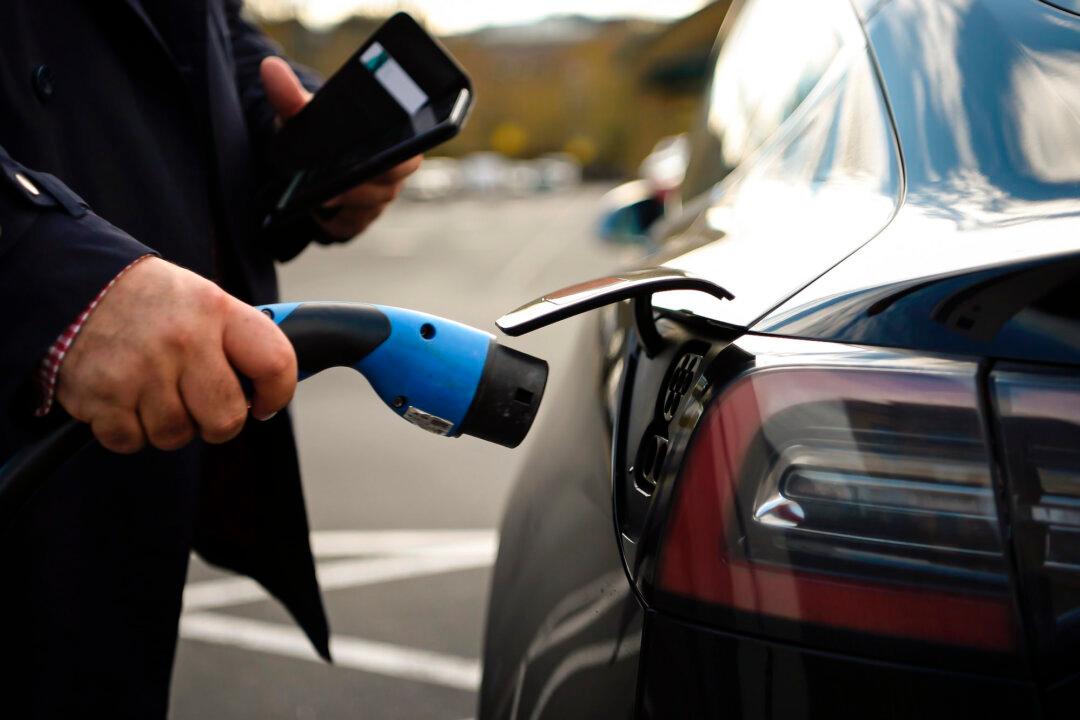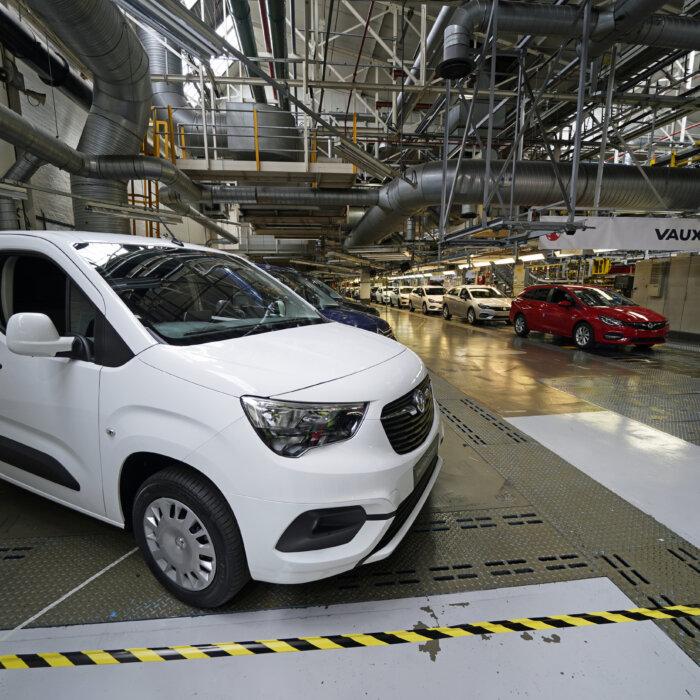An industry boss has warned that the automotive manufacturing workforce needs to be urgently reskilled in electric vehicles (EVs).
On Tuesday, Chief Executive of the Society of Motor Manufacturers and Traders (SMMT) Mike Hawes said that “more than half of all British car and van production will be zero emission by 2028.”
He said that “around 200,000 people are directly employed in automotive manufacturing—a workforce which must be reskilled at pace.”
“And in the aftermarket, by 2030 we will need at least 100,000 qualified professionals as more EVs come online,” he added.
However, a traditional mechanic told The Epoch Times that EV tools and training come with huge costs.
ICE
Electric cars and internal combustion engine (ICE) vehicles operate differently. Unlike ICE vehicles, EVs do not require gearboxes or exhaust systems, as they produce no emissions.Furthermore, often EVs have to go to specialised service centres to be repaired with proprietary parts, which can lead to longer wait times for appointments and repairs.
By 2030, the National Grid predicts there will be between 2.7 and 10.6 million EVs on UK roads.
According to the latest Institute of the Motor Industry report, the total number of technicians trained to work safely on electric vehicles by the end of Q1 2023 was 42,400, representing 18 percent of all technicians in the UK.
Challenges
Bilal Khan, who has been a mechanic for 15 years and owns Billy’s Auto and Body shop in Newcastle upon Tyne, told The Epoch Times that EV specialist tools and training don’t come cheap.“A screwdriver set which is designed for working with electric vehicles, I was checking the tools the other day, is about £350 plus VAT for a screwdriver,” he said.
“Fixing cars is becoming a rocket science in a sense,” he added. He said that in general, experienced mechanics share his views on the “green agenda.”
Manifestos
The Conservative Party brought in a Zero Emission Vehicle (ZEV) mandate, which means that 22 percent of each manufacturer’s new vehicle registrations must be zero-emission.Manufacturers that fail to meet thresholds will be fined £15,000 per ICE car sold above the limits.
He told The Epoch Times that in the area where he works houses weren’t built for having multiple cars, “so the feasibility of charging electric cars where I am isn’t very high at the moment.”
There are some EVs, though he said he would probably pass EV repair on to somebody else with better knowledge of them.
Mr. Smart has tried to keep up with EV industry trends.
“It is something that I need to get qualified on,” he said.
“For years, it’s been EVs are the cars in the future. Recently, I'd say about a year or two ago, it changed to alternative fuels.”
“It’s very easy for a politician to say, in six years time, we’re going to ban diesel cars. We’ve already seen that date being pushed back and I highly anticipate it to be pushed back again,” he added.







